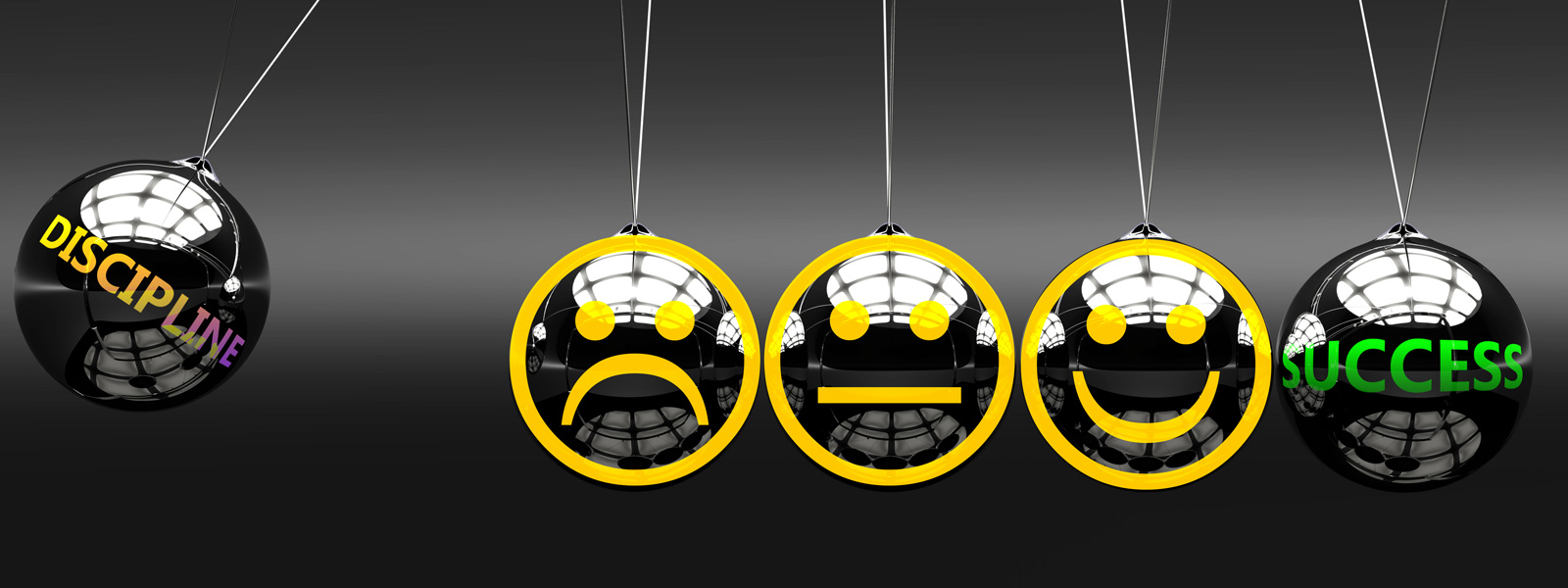Categories
Archives
Search
Category: Time management

Keeping your momentum in the slow season
As we approach the middle of January, many businesses and organizations find this to be their slow season. Restaurants, retail, hotels and charitable organizations typically slow down after the holidays while many tighten their wallets to pay their Christmas charges. If you are a business owner or manager, this is a time you may want to use to get closer with your team and more in tune with what is important to them. This can help prevent a dip in morale and possibly impact turnover. Here is an example:
One of my clients has just come off a very busy season. They ended 2023 with strong momentum. When January 1st came business dropped off like a cliff, and it wasn’t long before I noticed the team was getting restless. When business is slow, that means more idle time. You may remember the saying, “Idle hands are the Devil’s workshop” (Proverbs 16:27-28). It is so true. Back to the team…I noticed they began complaining and criticizing their fellow teammates. As we know, such behavior is corrosive to team trust and performance. In this situation, the owner has taken this slow time to focus on training and teamwork. If there are any issues, they are quickly resolved and not allowed to fester. They have kept all their people and when the busy season starts up again in a couple of months, the team will be strong and ready to take on the challenge
Years ago the director of an organization shared an observation with me: He said that when his team was working on a big project with a solid deadline, everyone knew what to do and the team excelled. When the project was over and there was a lull, the team engagement suffered. We need to keep our teams busy in the slow season. Doing so will help ensure the most profitable season.

Positive thinking means positive discipline
A couple days ago I wrote about the importance of starting our day with a “full tank”, and having a clear vision of where we are going. A short while after writing that, another thought occurred to me: What about those people I know who find it very difficult to get a vision or sense of direction? Instead, these folk’s minds get flooded with all their problems, and their thoughts become diffuse and non-productive. Here’s the good news: Even if you struggle with developing a vision or exciting sense of direction, you can learn to be good at it. Here are the steps in the process.
- Frequency: There are thoughts that pop into our minds if we let them. We may picture ourselves as an excellent piano player on stage, or running a marathon. Whatever the thought is, it came to us for a reason. Capture it!
- Feed the thought (Duration): Our next goal is to let this mini vision play in our minds. Give it more “screen time”.
- Put it in vivid color: Now that we are “playing the movie”, make it colorful and alive so that it is more vivid in our thoughts.
- Attach emotion: Now that we have this vivid “movie” playing in our mind, let’s let our emotions kick in so that we soon find our wanting that future state badly. (Watch movie “Pursuit of Happiness”)
All highly successful people do the above. They carry with them a future state they want to be in, and they do something every day to work towards it. When you get a vision, seize it, nurture it, and keep “playing the movie”. You will know where you are going and will be excited about getting there. To conclude, read this classic poem by Langston Hughes:
What happens to a dream deferred?
Does it dry up
Like a raisin in the sun?
Does it stink like rotten meat?
Or crust and sugar over–
like a syrupy sweet?
Maybe it just sags
like a heavy load
Or does it explode?

Working with focus in a “free-for-all” world
Last week I was working with a team on time management skills. We began by looking at a list of common barriers to good time management. Each participant reviewed the list and chose the barrier that they thought was the biggest threat to using their time productively. By far the most common barrier was DISTRACTIONS!
According to research from McKinsey, the average employee gets interrupted 50-60 times a day with emails, texts, phone calls, drop in visitors, sports scores, stock market updates, and “click bait” just to name a few. Expert’s say if we can get focused and stay focused, we can double our productivity (Assuming we are working from written goals)
A couple of years ago, I did an experiment. I had a large report to put together that included 18 separate assessments. Just for fun, I worked on one of the assessment without interruption, and measured the time. I then took this time and multiplied it by 17. (The number of remaining assessments) I took that projected time and made it a goal. I stayed focused, allowed no interruptions, and completed the project in 1/2 day. Normally it would have taken me a full work day. By not allowing distractions, I was able to get into the “flow state” and stay there without my thoughts straying.
I often hear people say, “I’m working more now that I was 10 years ago”. We may be spending more time at work, but are we getting more work done? If we want to double our productivity by greatly reducing distractions, here is what we can do:
- Plan you work.
- Categorize and prioritize your tasks and activities.
- Work on one thing at a time in order of its importance. Stay focused.
- Put an “I” sign on your back indicating you are in focus time.
Achieve more!
Make the most of “down” time
We are in the midst of a world Pandemic, and to slow the spread of the virus, many businesses in the country have been closed temporarily. That means many of us are experiencing a long, unexpected chunk of discretionary time. How can we best use this time?
Let’s fast forward to 6 months from now. Business is back in full force, and we have resumed our busy schedule. What would we wish we had done with this idle time if we had it to do over? Asking this question can generate many answers. Here are some that might pop up on the list:
Relationships: Most families in America could spend more time in quality conversation. In a survey done by Nick Stinnet and John DeFrain, they found that married couples spent an average of 5 minutes each day with each other, and less than 30 seconds with their children. What? Yes. They weren’t talking about transactional dialogue, like “Did you take the trash out” or “Be sure and pick up milk and bread”. The goal is quality conversation, and it can make a big difference, During this “off” season, it can be good time to set up a routine where you have time for more important interaction.
Health: There are three areas that 90% of our goals fall in to: Health, relationships, and financial security. They are the three legs to the stool of a stable, happy life. Are you intentional about planning nutritious meals? Do you have a well-balanced daily exercise routine that includes cardio, flexibility, and strength exercise? Do you have a special time each day to do it?
Financial security: OK, I am an executive coach, not a financial planner. What I do know is that success in your career can lead to more financial security assuming you are wise with money. Where do you want to be in your career 5 years from now? What do you need to learn to get there? What courses and certifications will be required? Have you been putting off getting started in these areas? If so, now might be the time.
Remember:
- Select the area.
- Make a detailed plan.
- Set up a routine and block time.
- Hold your feet to the fire and be committed
Let’s turn this lemon into a lemonade!
Be professional…be on time
Do you manage your time well? Would you like to manage it even better? Being honest with yourself, consider how you align with these habits:
- You have a vision for your life.
- Your goals are written down, specific, and time-related.
- You plan your day and work in order of your priorities.
- You focus on what is most important, and do not allow yourself to be distracted.
- You are almost always five minutes late.
Notice the last habit. Does that seem out of place? In my coaching experience, I have found that some of the most focused and hard-working people struggle with being on time. You know how it goes…you have a meeting scheduled, and you notice you have an extra 10 minutes before you need to leave. Being a good time manager, you cram something else in. Perfect. Now you get in your car and take off for your meeting. Things are going fine until you hear the clanging of the bells and flashing of the lights. It is a long freight train! You weren’t expecting that. You end up five minutes late to your appointment.
A few years ago I was attending a time management seminar, and the subject of punctuality came up. There was an audience of about 80, and the speaker asked how many had been on time to every appointment the past year. Three people raised their hands. The speaker asked how they did it. They all came up with the same answer: They leave early.
But isn’t that wasting time? No, it isn’t. When we make an appointment, we set a time. We have committed to be there at that time. We haven’t qualified our commitment. We have given our word. If we are late, we have fallen short, and I can assure you, the person who has had to wait is not interested in our excuses. We have not respected their time. The same is true with meetings. If we are late, we are not respecting the time of others. It is just that simple. People will respect you less. (Oh yes they will!)
Years ago, I worked for a company that had meetings with each employee once a month. For 12 straight months, I would leave 20 minutes early for the appointment with my boss, and would ended up arriving 20 minutes early. One time, I decided to leave just on time. Wouldn’t you know it…that was the day of the long freight train! I was five minutes late. I made no excuses. I apologized. I still had my job, but my being late wasn’t a plus.
Leave early and always be on time. You will gain more respect, and be more professional.
